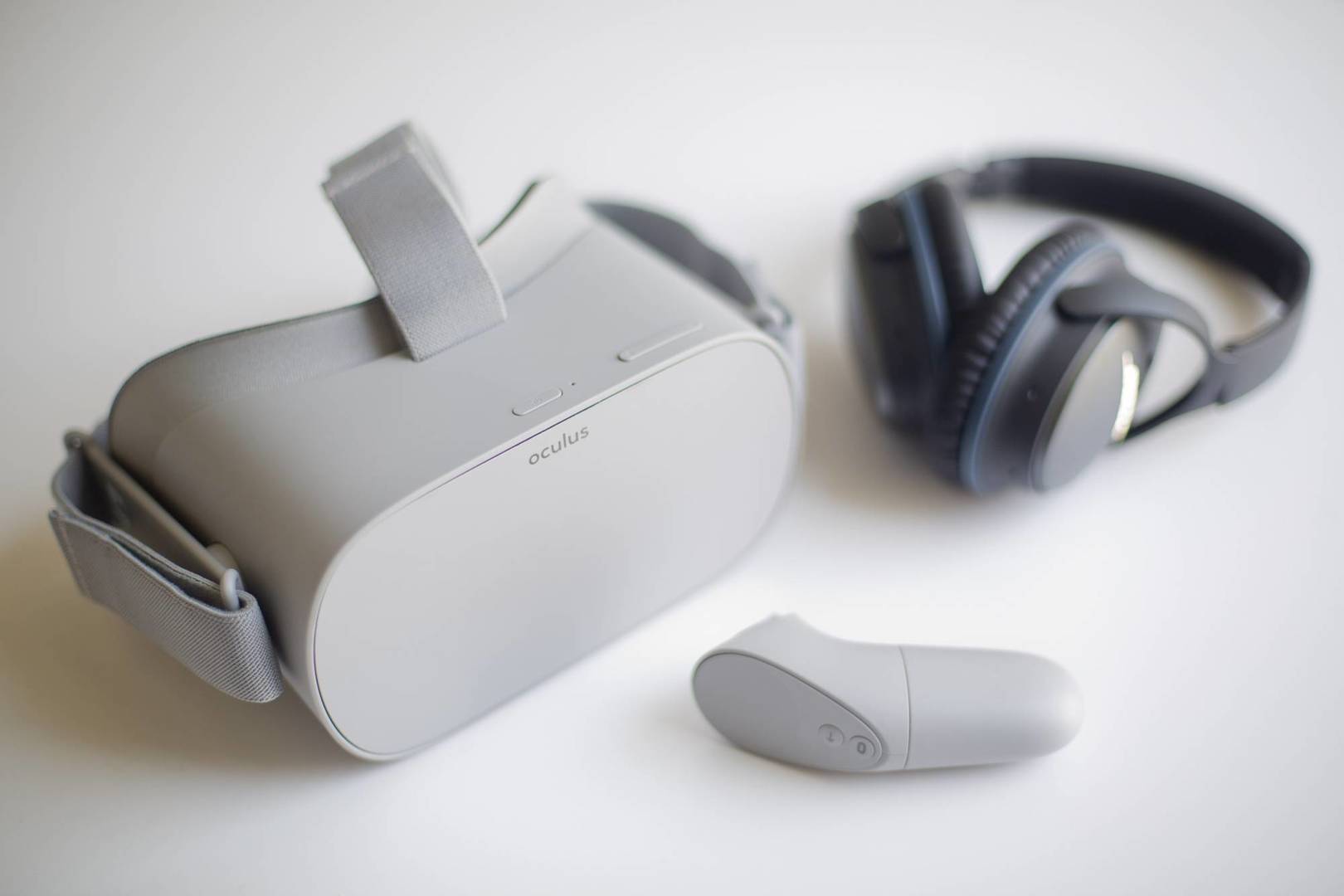While Tom Temin is away, please enjoy this column which originally published May 6, 2022.
A specialty flavor of online video shows people tripping clumsily, breaking things, and freaking out, sometimes all three, while immersed in the sounds and sights of a virtual reality headset. Such depictions make VR look trivial and childish.
But a VR headset could well be a standard piece of equipment your agency issues you and incoming employees. Goofy games aside, the industrial applications of VR, staged in a carefully programmed metaverse, are nearly unlimited. Until now, VR simulation has been mainly a technical training tool, used to help people learn to operate complicated machinery such as airplanes without the risk and expense of using real machines.
Now companies are experimenting with VR and custom metaverses for new employee onboarding, business meetings, and training and education in non-technical fields. It has the advantages online training has always had. You can offer it on demand, there’s no travel and lodging expense to worry about. VR simply extends into three dimensions what is now typically a flat-screen experience with people arranged in tiles like Hollywood Squares.
Maybe not so simply. With the creation of digital self-representives, the spatial characteristics, both visual and audio, of VR make the experience more than just extensions of Zoom or Teams. A social dimension comes in that’s closer to real world interactions — including their potential for bad manners or worse.
I read that the management and technology consulting company Accenture had purchased a large quantity of VR headsets for its own employees. Knowing Accenture’s footprint as a federal contractor, I asked about it.
Allison Horn, Accenture’s executive director for global talent, confirmed the company had indeed bought the headsets — 60,000 of them. An important initial application, Horn said, is new employee onboarding. Accenture has also constructed what it calls Accenture Park, located, Horn added, on the “nth floor.” She described the park as an “always open, always available, virtual reality onboarding campus.” People meet, learn through gaming, and otherwise interact there. It’s even equipped with virtual coffee shops with cappuccino machines.
I half-joked that with all that distant-but-close interaction, organizations might need to create a culture of metaquette. The more accurate digital personas and situations become, Horn agreed, the greater the need for rules, no less than in actual offices. Whatever weird costume your avatar appears in for your gaming life, it won’t do for the office on the nth floor of the metaverse.
Accenture’s learnings will eventually be available to federal agencies. Kyle Michl, the chief innovation officer in Accenture’s Federal Services unit, cited a survey showing 75% of federal managers believe VR or extended reality (XR) will be important to meeting mission needs in the next few years. The company even has a meta-facility for federal.
“In our federal studio,” Michl said, “we’ve got a number of XR experiences. For years we’ve been bringing customers through to look at immersive learning, collaboration, digital work, and even the use of digital twins for what-if scenarios and operations.”
The use cases exist, but I haven’t seen any large scale federal agency VR or XR deployment. Yet I get the sense that it’s just a matter of time.
Those videos I mentioned often show headset-wearing grandma and grandpa losing themselves in a scary video game while being filmed by laughing family members. But you’d be mistaken if you assumed comfort with, or acceptance of, VR rises and falls along age lines. I asked Horn if this was the case, or if she’d encountered any other demographically-related yes-no lines for VR.
“What we have learned is that we haven’t found one yet,” Horn said. “We of course went into this with an assumption based on, you know, just stereotypes and instinct that said, ‘Oh, are younger or more junior employees gonna be all over this? Are more tenured or more senior employees probably going to be really hard to pull into this?’ We have not seen any evidence of that whatsoever.”
Nearly Useless Factoid
By Robert O’Shaughnessy
The coldest temperature on record for Key West, Florida is 41 degrees Fahrenheit, on Jan. 12, 1886, Jan. 13, 1981.
Source: Mental Floss
Copyright
© 2024 Federal News Network. All rights reserved. This website is not intended for users located within the European Economic Area.
